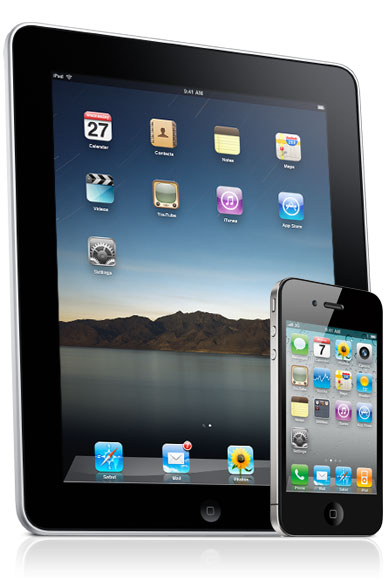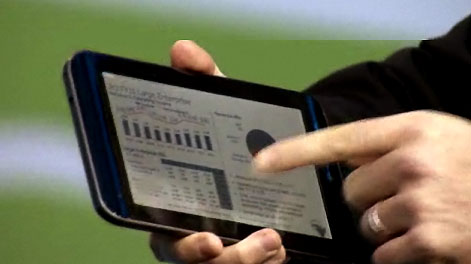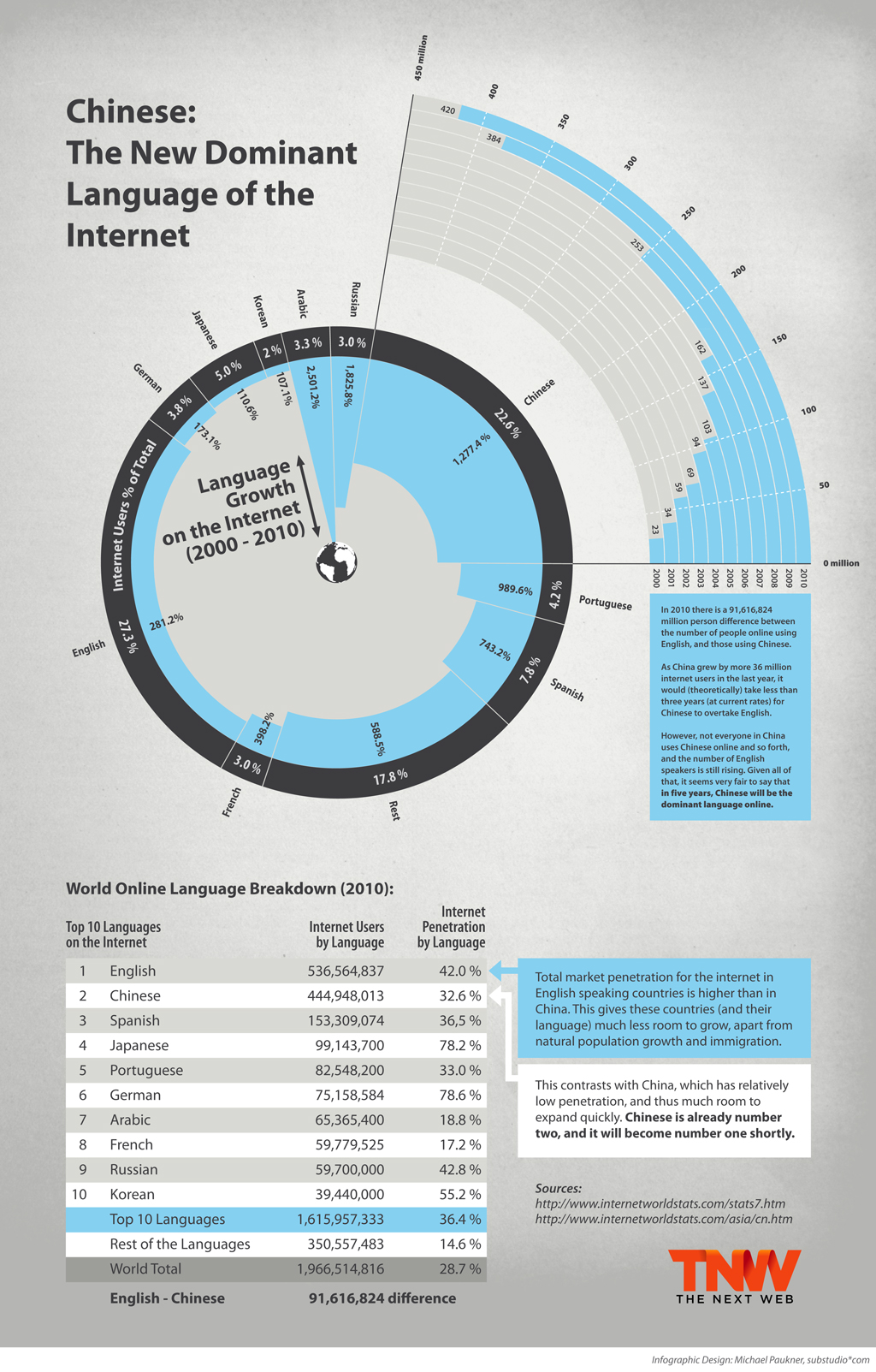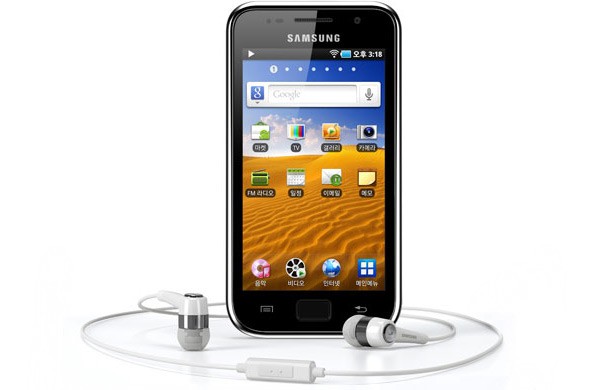Some scientists woke up with ambitions goals today. A group hopes to build a simulator capable of replicating everything relevant that happens on Earth.
Will Wright would be proud. The BBC reports that an international group of scientists are working on a simulator with the goal of replicating everything that happens on Earth. It will track everything from weather patterns to disease spreading to traffic congestion to financial transactions all over the globe. The Living Earth Simulator (LES), as it is nicknamed, is being created to advance scientific understanding about everything that is happening on the planet to attempt to figure out what “human actions shape society” and how everything changes the world.

“Many problems we have today – including social and economic instabilities, wars, disease spreading – are related to human behaviour, but there is apparently a serious lack of understanding regarding how society and the economy work,” explains Dr. Helbing, of the Swiss Federal Institute of Technology. “Revealing the hidden laws and processes underlying societies constitutes the most pressing scientific grand challenge of our century.”
Hebling chairs the FuturICT project, the group that plans to create the simulator. And how exactly will they have the processing power to analyze everything? Well, for starters, the scientists plan to build a number of supercomputersto crunch the numbers. They will likely also use processing power from all across the net, asking mobile and computer users to donate a small portion of their processing to the project. IBM predicted this in its “five innovations by 2015” video a couple weeks back.
The data will be easier to come by. Websites and services like Wikipedia, Google Maps, and Gov’t data banks make up a few of more than 70 already existing sources of moving data. In addition, they hope to integrate real-time feeds from social networks like Facebook, stock markets, medical records, mobile devices, and more. NASA has a large climate project called Planetary Skin that will feed data into the LES as well. The real trick, Dr. Hebling argues, is creating a system powerful enough to take in all this data and simultaneously process and understand it. It will take a few decades to get the system running.
Skeptics
Still, some are concerned that even if we have the data, we may not use it properly, as research has shown many problems that are largely ignored. ”Economics and sociology have consistently failed to produce theories with strong predictive powers over the last century, despite lots of data gathering. I’m skeptical that larger data sets will mark a big change,” says Pete Warden, founder of the OpenHeatMap project and a specialist on data analysis. ”It’s not that we don’t know enough about a lot of the problems the world faces, from climate change to extreme poverty, it’s that we don’t take any action on the information we do have.”
He has a point. Though it will eventually be possible to put all of the Earth’s data into a computer and analyze it, much of the conclusions it will make have been staring us in the face for decades, perhaps centuries. If we do not act on what we do know, why keep going? However, such an attitude is no fun. The leaves may keep falling in Autumn, but who says we can’t stare out the window before we rake them up? Sure they’ll be more plentiful tomorrow, but it’s warm inside.














